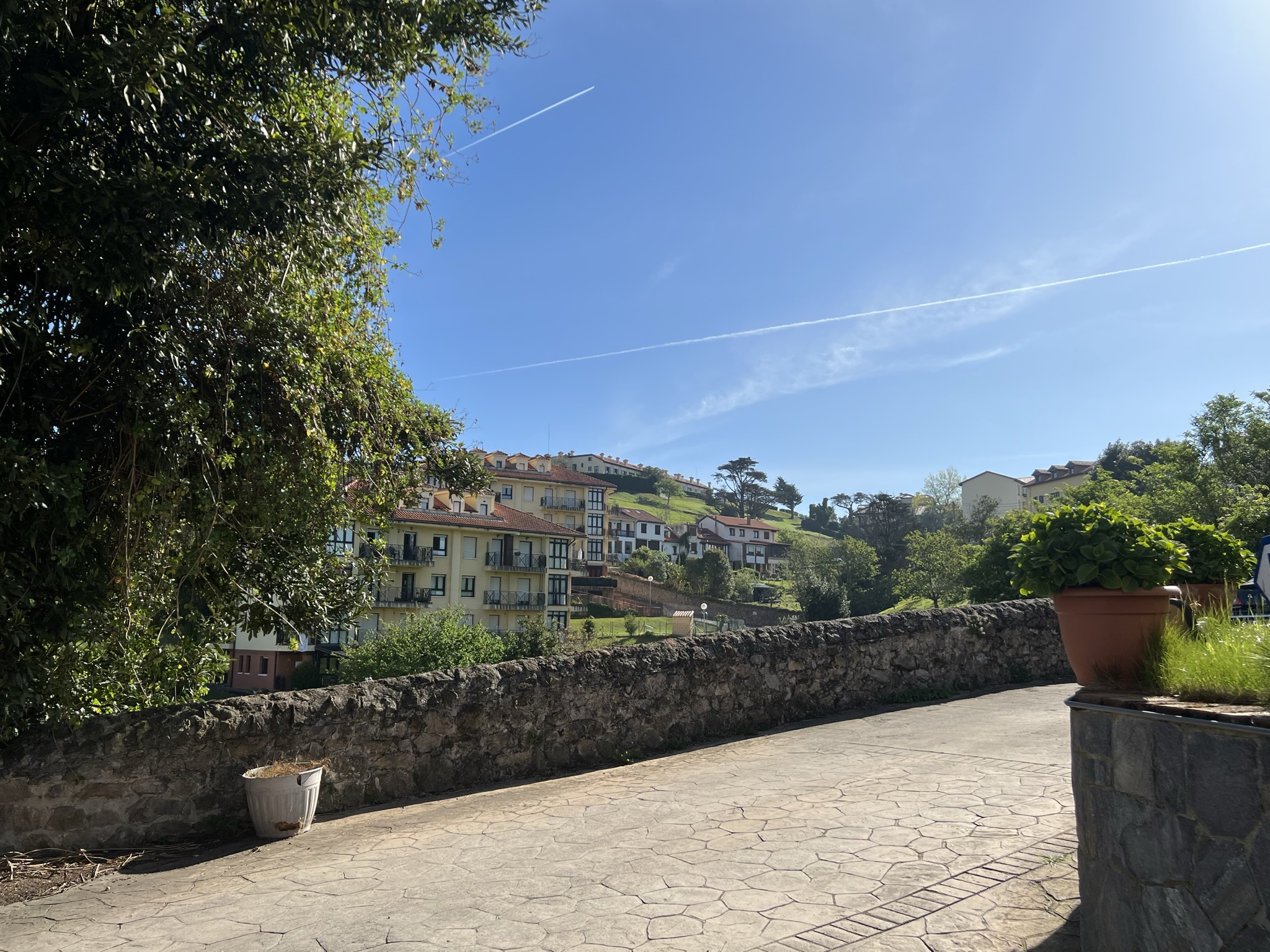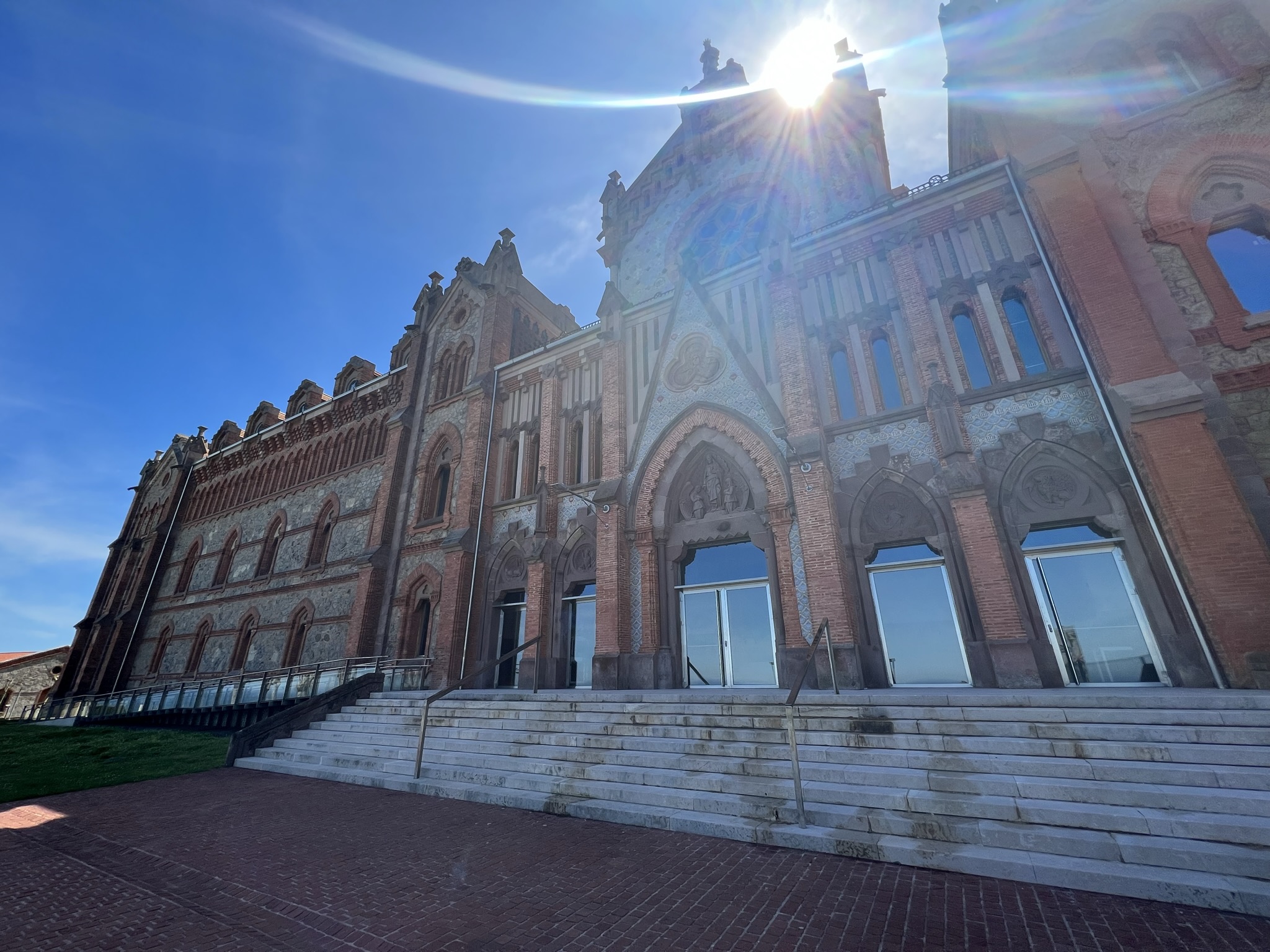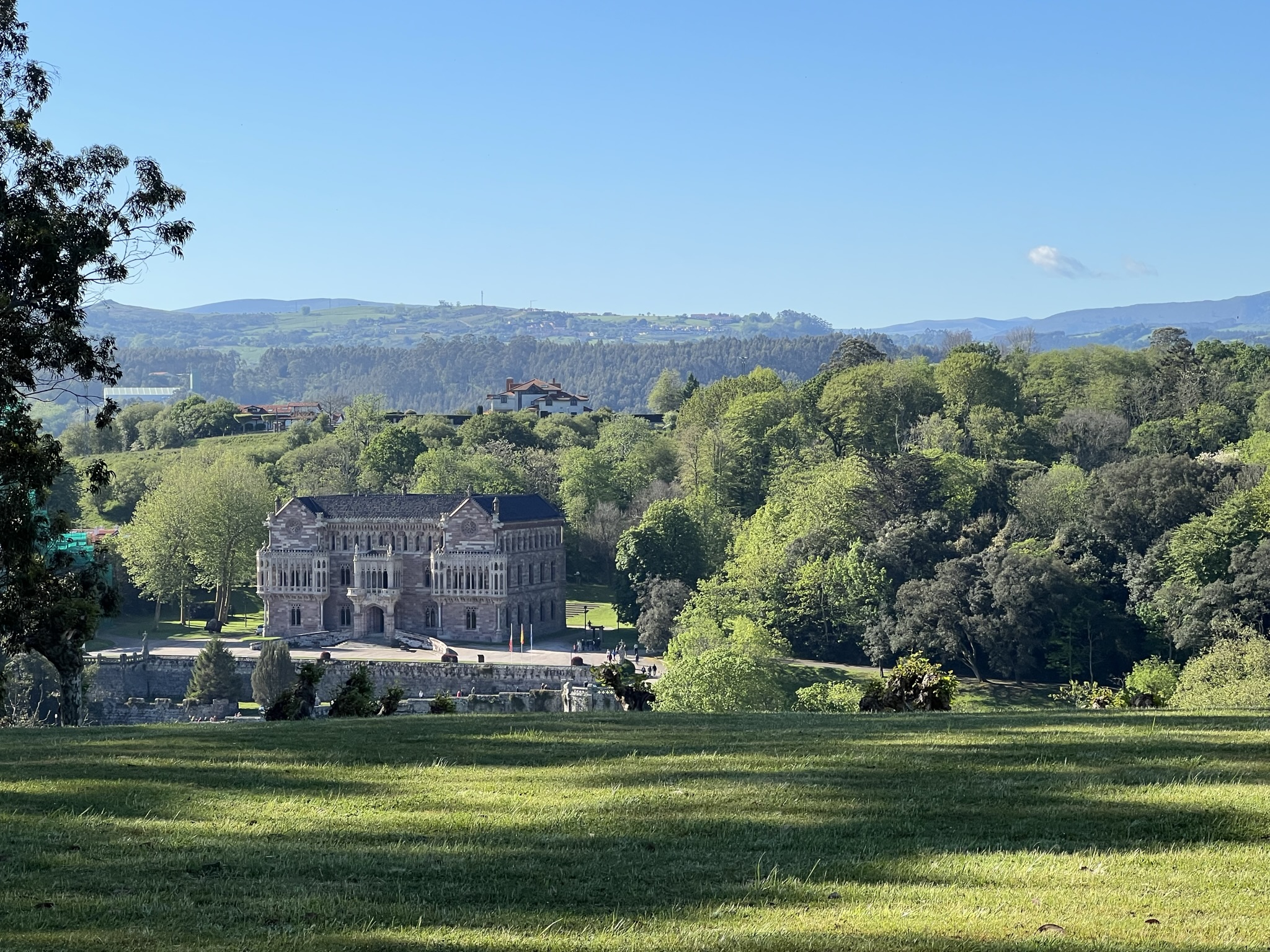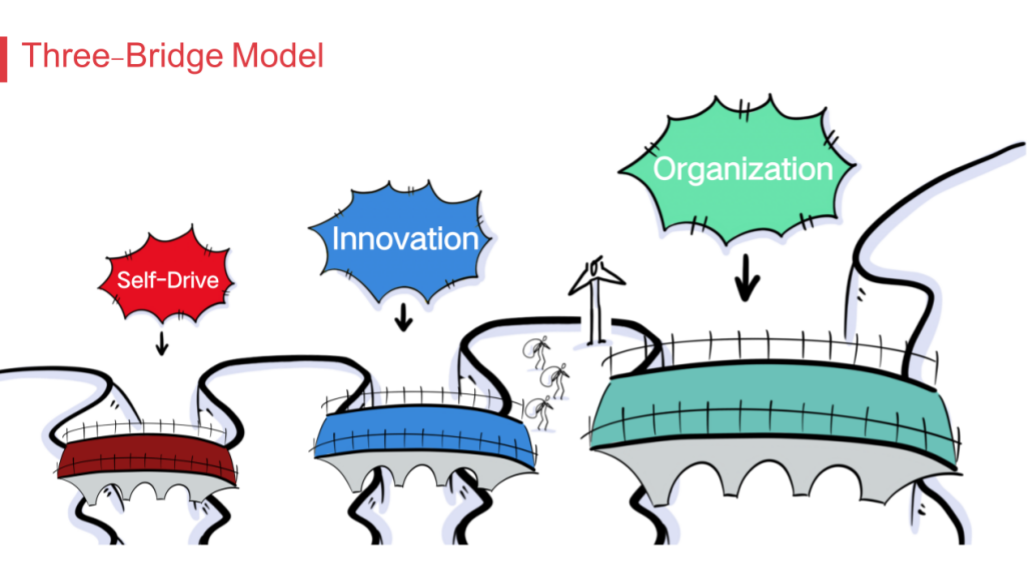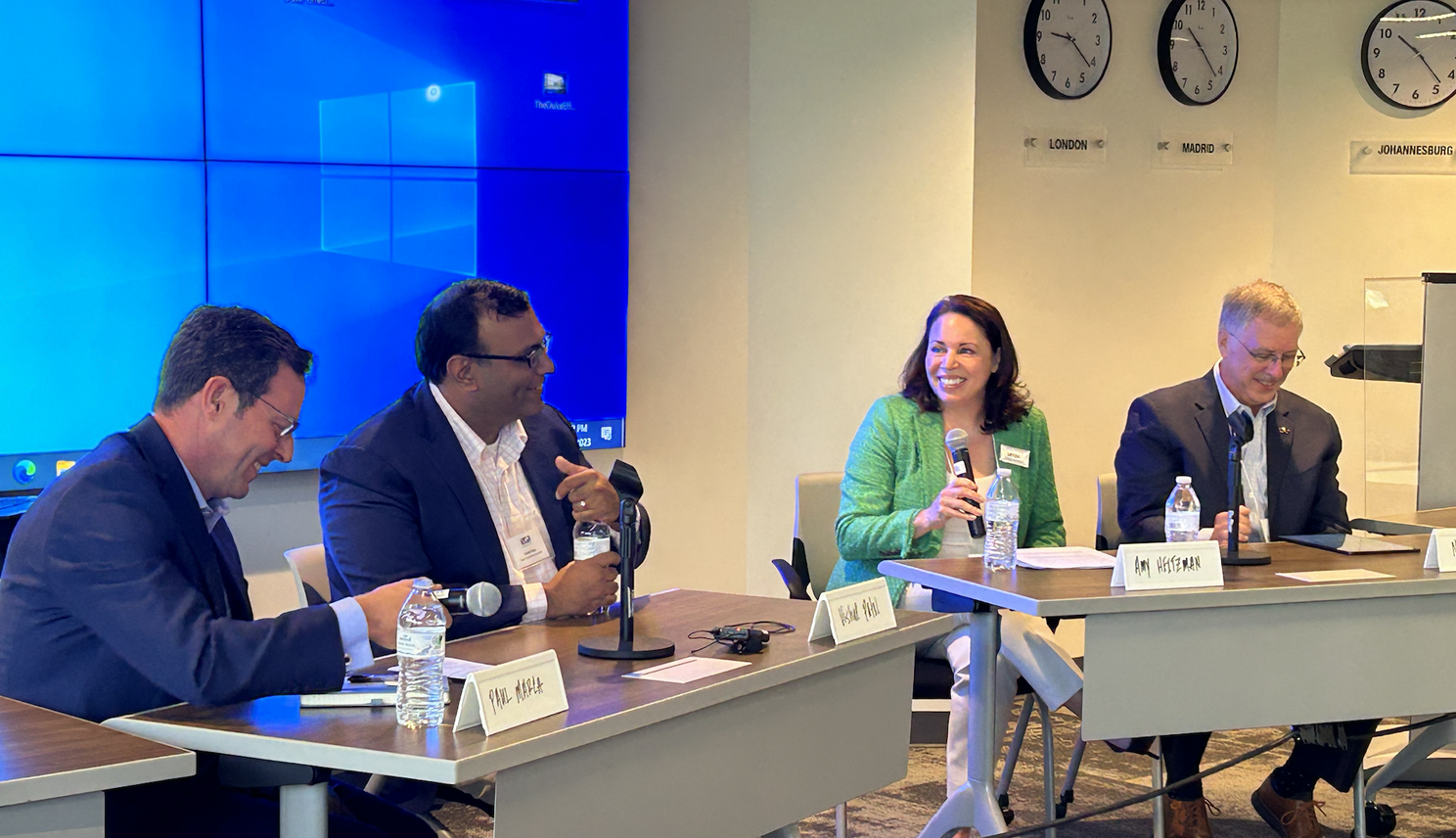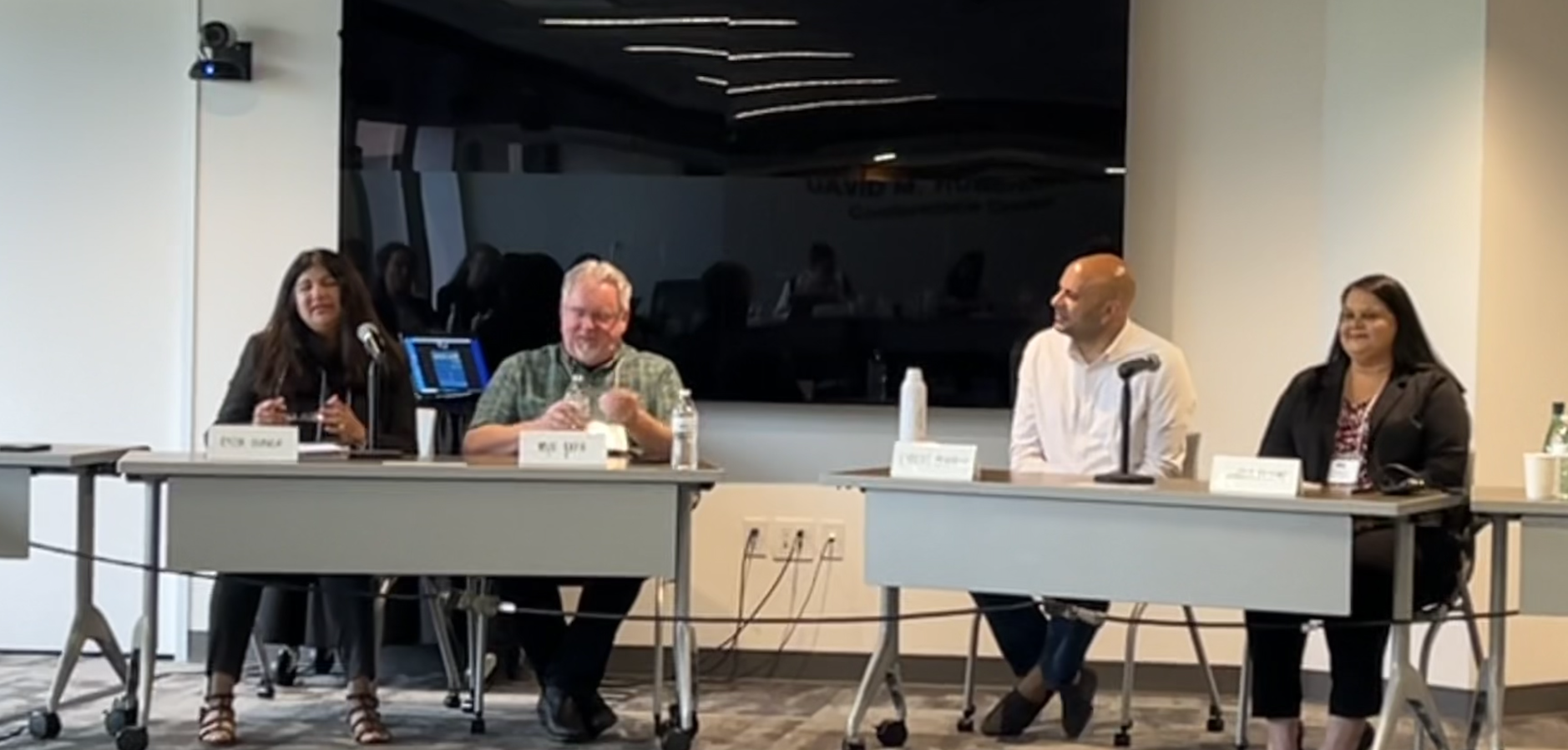IACEE Pulse: July 2023
IACEE Pulse: A Newsfeed for Members, July 2023
Contents
Letter from the President | Global Trends in CEE
News from Academia | Industry Panorama
Letter from the President
Dear IACEE Colleagues:
It is hard to believe that the first half of 2023 is gone and we are almost to the middle of July. It’s time to reflect on this half and plan for the second half. On that note, I have several good news to share with you.
First, we had a very productive Council meeting on June 14th and 15th at Duke University’s Washington DC facility. With the in-person presence of most of our Council members and others joining from far away places, we were able to have a Council discussion on our accomplishments and what is left to do before the baton is passed to the next Council in May 2024.
Yes, you read it right: May 2024. The next Council will start their term at the 19th World Conference on Continuing Engineering Education, or IACEE 2024 as we generally call it. It is my pleasure to announce the 19th World Conference on Continuing Engineering Education to be held on May 20-24, 2024, in Comillas and Santander, Spain. The host will be the Innovation Hub Europe, a collaborative venture of the Tecnologico de Monterrey Institute for the Future of Education (IFE) and the University of Cantabria. At this time, please mark your calendars. More information will soon be posted on our website, and we will communicate with you when the Call for Paper is open. Comillas and Santander are places to brainstorm, reflect, plan, and start new journeys. We are grateful to our Council colleague Dr. Patricia Caratozzolo of IFE to propose this, and that proposal has been accepted by the Council. In May, Patricia and I visited Comillas and Santander. Below you will find some pictures that I took during our visit.
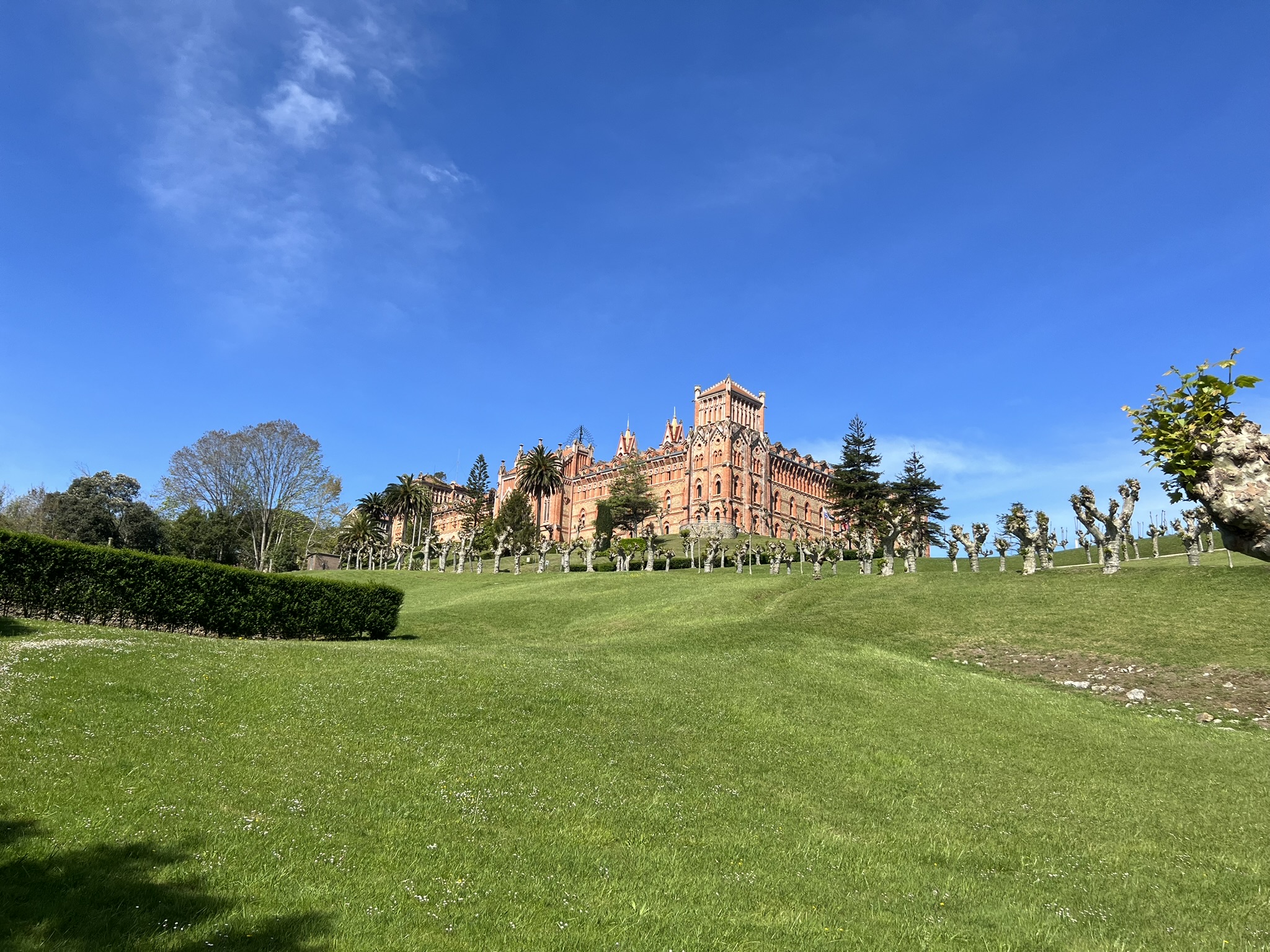
With Patricia being appointed as the General Conference Co-Chair (along with Genaro Zavala of IFE), we needed to elect a new Vice President for Member Engagement and Communications. Anita Chawla, Managing Director, Partner Strategy and Success in North America at Engageli, was elected as the new VP of Member Engagement and Communications during our Council meeting in June. We are very pleased to have her on the Executive Committee.
Following the Council meeting, we had the IACEE 2023 Symposium, a very successful gathering of prominent higher education and industry colleagues from the United States, Europe and Mexico, who discussed the current status and the future of lifetime of engineering education. For a full summary of the symposium, read the report below by Dr. Yakut Gazi, Vice Provost of Duke University Learning Innovation and Digital Education and the First Vice President of IACEE and the Vice President for Programs and Initiatives, who chaired this symposium. We are grateful to Duke University for hosting this symposium at their DC office. Many thanks to Tammy Toler, Assistant to VP of Learning Innovation & Digital Education at Duke University, and Camille Howard, Managing Director of Global Operations at IACEE for their help with logistics.
Please also find two important articles further in this newsletter, written by Anita Chawla, our new VP of Member Engagement and Communications, and Cheng Wang, Founder and CEO of Outstanding International Education and Vice President of Business Development at IACEE.
Let me know at soma.chakrabarti@iacee.org if you would like to be a member of the planning/paper review committee for the 2024 World Conference. Wishing you a great summer (or a winter if you are in the Southern hemisphere) and I look forward to talking to you again after summer.
Warm regards and best wishes,
Soma
Soma Chakrabarti, PhD
President, IACEE
soma.chakrabarti@iacee.org
GLOBAL TRENDS IN CEE
Bridging the Innovation-Education Gap
Cheng Wang, DT. School & Outstanding International Education Investment Ltd., China
China has been committed and interested in fostering innovation for over a decade. In official government documents, including the most recent 5-year plan, the Chinese government cites innovation as a critical dimension to drive growth in China. The current conditions in China demand that government and corporations become nimbler in the face of turbulent times. In our work in China, we have seen that nearly all large corporations seek innovation or change programs. Our insights are based on the DT. School’s experience with three organizations: state-owned enterprises, Fortune 500 companies, and large private local companies. We have gathered our insights as we worked closely over the last two years on customer discovery with companies like Coca-Cola, Shein, Pfizer, Petro China, Eli Lilly, Siemens China, and Samsung China, as well as universities like Peking, Fudan, and Zhejiang. Some of the factors contributing to the turbulence in the China market, as well as the need for innovation, are:
- China switched from a 3-year zero-tolerance covid policy to NO covid policy overnight;
- Major industries are disrupted by public policies - education, real estate, pharmaceutical, game, internet, and technology without regard to investments or success in markets;
- International and local companies are moving supply chains to other countries, and there are more and more limitations on high-tech exports to China;
- Cash shortage within China, especially for private sectors and consumers, leads to a downsizing of consumption spending.
- China’s government is limiting the country’s access to new technologies - such as ChatGPT, etc.
With these significant headwinds challenging the business environment in China, we are observing three significant gaps from the companies seeking our support:
- Employees are lacking the motivation to change or innovate due to physical or emotional losses in the past three years;
- Teams leading innovation projects do not have the required innovation skills to make real innovation happen due to a lack of training such in design thinking and other innovation methodologies;
- Organizations do not have the culture, process, or know-how to make innovation happen.
We have termed these gaps as the Three-Chasm model (Figure 1 below). The three different issues must be addressed at the same time to make the needed innovation happen. Still, most training programs focus on HOW to innovate, paying little or no attention to WHY people should innovate from their perspective. Perhaps most critical, the organization sees little benefit from its innovation investments.
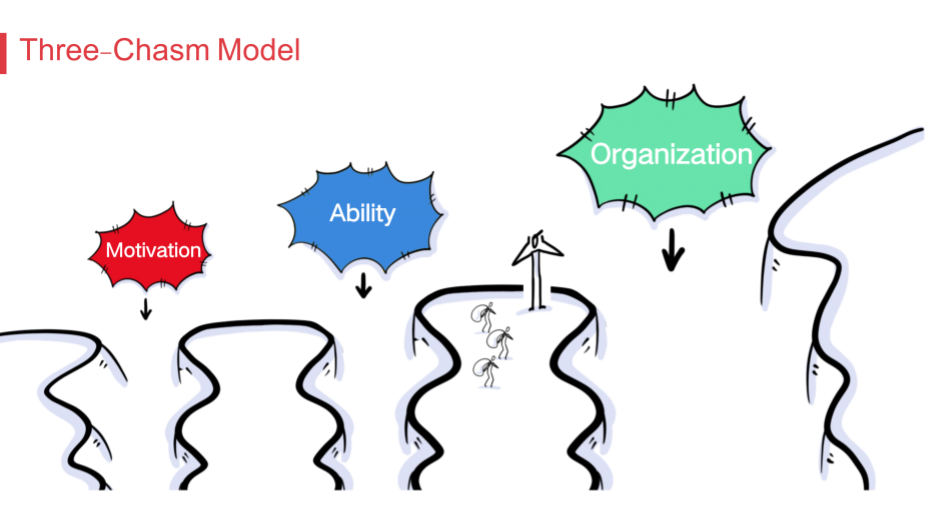
Figure 1: Three Chasm Model
In our work, we have tried to develop a way to bridge the gap between individual motivation, team-based collaboration, and, finally, organizational benefit from innovation. Our Three-Bridge Model (Figure 2 below) has been well-received by customers and prospects as a means to address the gaps organizations face in creating a culture of innovation.
Figure 2: Three-Bridge Model
Based on the work by Bill Burnett, author of Designing Your Life, and Designing your Work Life, and with support from Paul Marca, former Associate Vice Provost at Stanford, we have created a set of courses that help individuals and companies build an education portfolio which addresses the following:
A. Motivation: We created a contextually relevant education offering called Designing Your Life, which integrates positive psychology and design thinking and has been popularized by Stanford life design lab to develop self-driven and intrinsically motivated people;
B. Ability: We are providing world-class design thinking education programs to develop teams of people with the right innovation tools, mindsets, and behaviors to activate innovation;
C. Organization: We designed a new program called Converting Innovation into Action, which addresses how to activate innovative products and services so that they can succeed with customers and enables innovation to scale across the organization.
While many innovative programs exist in China, none address the three gaps our customer research has identified. Our insight is that the three chasms should be addressed together before we use design thinking to empathize with our customers and users. The critical insights: leaders need to empathize with their team and organization before innovation can succeed at the group and organizational levels.
NEWS FROM ACADEMIA
Critical Conversations in Lifetime Engineering Education: A Summary
Dr. Yakut Gazi, Duke University, USA
It is not a coincidence that the theme for this symposium was a bold educational agenda for lifetime engineering education. A bold educational agenda. Why is it important for us to be bold? Because the problems that we face today - and if unsolved, problems that our children's generation will face in a more pronounced way - demand bold solutions. The challenges with the future of work and education are indeed issues of scale and inclusion that demand bold approaches. Our problems need inclusive solutions at scale - time is up for small-scale solutions. Time is up for boutique solutions.
There were 15 leading universities, 7 innovative industry partners, and 5 influential educational societies represented at this event. Fifteen US states, plus 5 countries were in the room. Collectively, our experience in higher education, serving learners wherever, whenever added up to hundreds of years of global impact.
Keynote Panel (right to left): Nelson Baker, Georgia Tech Professional Education; Amy Heitzman, UPCEA; Vishal Patel, Duke Corporate Education; Moderated by Paul Marca, Parallax Global Advisors
Panel on Infrastructure and Ecosystems of Learning in Engineering Education (right to left): Shubha Kashyap, University of Michigan; Robert Prakash, Stanford University; Myk Garn, Georgia Tech Professional Education; Moderated by Anita Chawla, Engageli.
We aimed our conversations to represent, or lead to a seismic moment for our institutions and for the learners we serve. We believed that we should be able to move the needle towards access, affordability, employability, all in service of a sustainable and just world. For two days, we committed ourselves to being bold and provocative thinkers and doers. We left with new ideas, connections, and renewed excitement and energy to propel our work forward.
INDUSTRY PANORAMA
Panel Summary: Cross-Sector Collaboration and Engagement for Sustainability
Dr. Lisa Stephens, University at Buffalo, New York, USA
One highlight of the IACEE Summer Symposium was a panel discussion led by Futurist and Scholar Bryan Alexander and AASHE Sr. Education Manager Daita Serghi. As moderator, my job was delightfully limited to introductions because the audience conversation model worked well!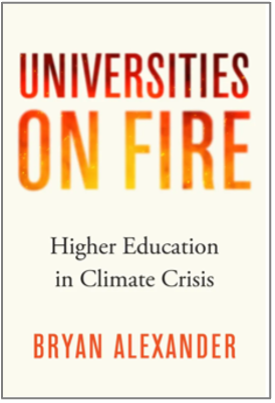
As an undergraduate in the late 70’s, I recall a well-respected professor saying, Students have far more power than they realize. How true. We learned of international students shutting down campuses until demands for courses in sustainability were included in all curricula for undergrad and graduate students. In the US, more campuses are including sustainability studies as a graduation requirement. Bryan suggested that the new liberal arts was focused primarily on climate concerns, and a significant gap in perception spans generations. Even as many coastal campuses start to consider and launch large scale civil engineering remediations to protect campuses from rising seas, many more ignore the trends. I was surprised to learn that the landing site of D-Day was being swallowed by the sea, with the French Government seriously examining how to preserve this historic site for continued archeology and research.
Academic travel was included as a concern. If the pandemic taught us anything, it’s that conferences CAN be successfully hosted with proper technology and support. But this is offset by lack of quality of face-to-face conversations. How might we bridge that gap? In what ways could we lead curriculum development that includes more problem-based learning, gaming and inquiry in service of sustainability? Daita reminded us that even in some states where use of terms like climate crisis, climate change and sustainability are discouraged, efficiency and value (preferred terms) rises when sustainability features are implemented across sectors and well-reflected in positive economic terms.
AASHE – the Association for Advancement of Sustainability in Higher Education – a growing international organization best known for the STARS program (Sustainability Tracking Assessment and Rating System) whereby c

The discussion that followed reinforced the availability of sustainability education resources to assist faculty in all disciplines, followed by how student mental health was being impacted by climate issues following a long period of personal isolation during the pandemic. 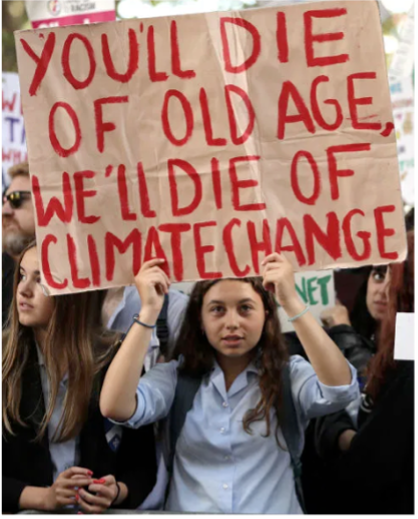
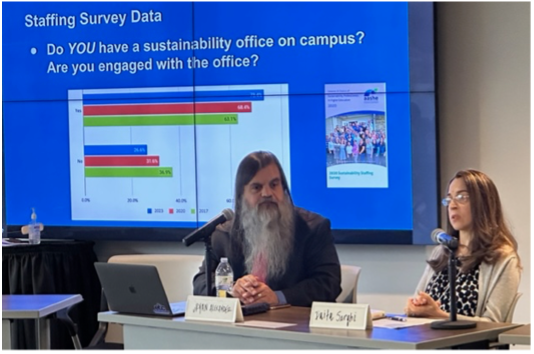
Perhaps a more defined and actionable answer lies in the business conducted during the IACEE Council Meeting. With revised and updated website communication coupled to planning for the 2024 World Conference, we can unite some of the best minds in continuing engineering education toward more strategic implementation.
Continuing education in higher ed institutions
Anita Chawla, Managing Director of Partner Success and Strategy, North America, USA
In the last decade, there has been a paradigm shift in education delivery of blurring the lines between continuing education and traditional degree programs. This shift has been accelerated by changing work structures in a post-pandemic world and AI disrupting traditional jobs.
With the pandemic, several trends started to emerge where workers could not balance the stress of child care and working from home or could quickly move jobs via online interviews for better benefits and flexibility. Workers who quit during the pandemic also found relief with stimulus checks and didn’t feel the urgency to seek new employment. The Great Resignation has led to the Great Retraining, where corporations struggling to acquire new talent have undertaken initiatives to upskill their existing workforce. For example, of those in new tech roles, 77% took online training courses and opted for shorter bursts of learning.
Higher ed institutions are increasingly serving a different persona of working learners who need access to flexible education models. We are starting to see higher ed institutions focus on continuing education programs and shift resources within the institution to create a sustainable online learning framework. This situation has also led to demands on innovative technology tools to foster engaging learning using collaborative-based learning models.
My ed-tech career has focused on leading large-scale technology initiatives from inception to enterprise as a higher-education administrator for more than six years at public institutions, Arizona State University (ASU) and Purdue University, and 20 years in the private sector. I have spent my last two years at Engageli working with higher education institutions, corporations, and bootcamp providers implementing digital transformation and strategies to enhance learner outcomes. The Engageli solution being built is designed for online education to allow learners to engage with each other and reinforce concepts through peer-to-peer learning. These pedagogies can be applied to corporate training, project-based learning in bootcamps, skill development in continuing education programs, and active learning in higher education.
It is exciting to witness digital education transformation using data-driven strategies.

